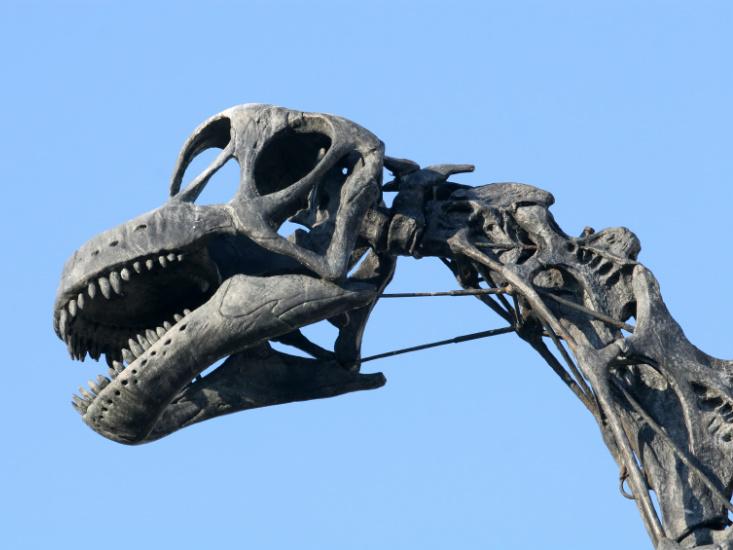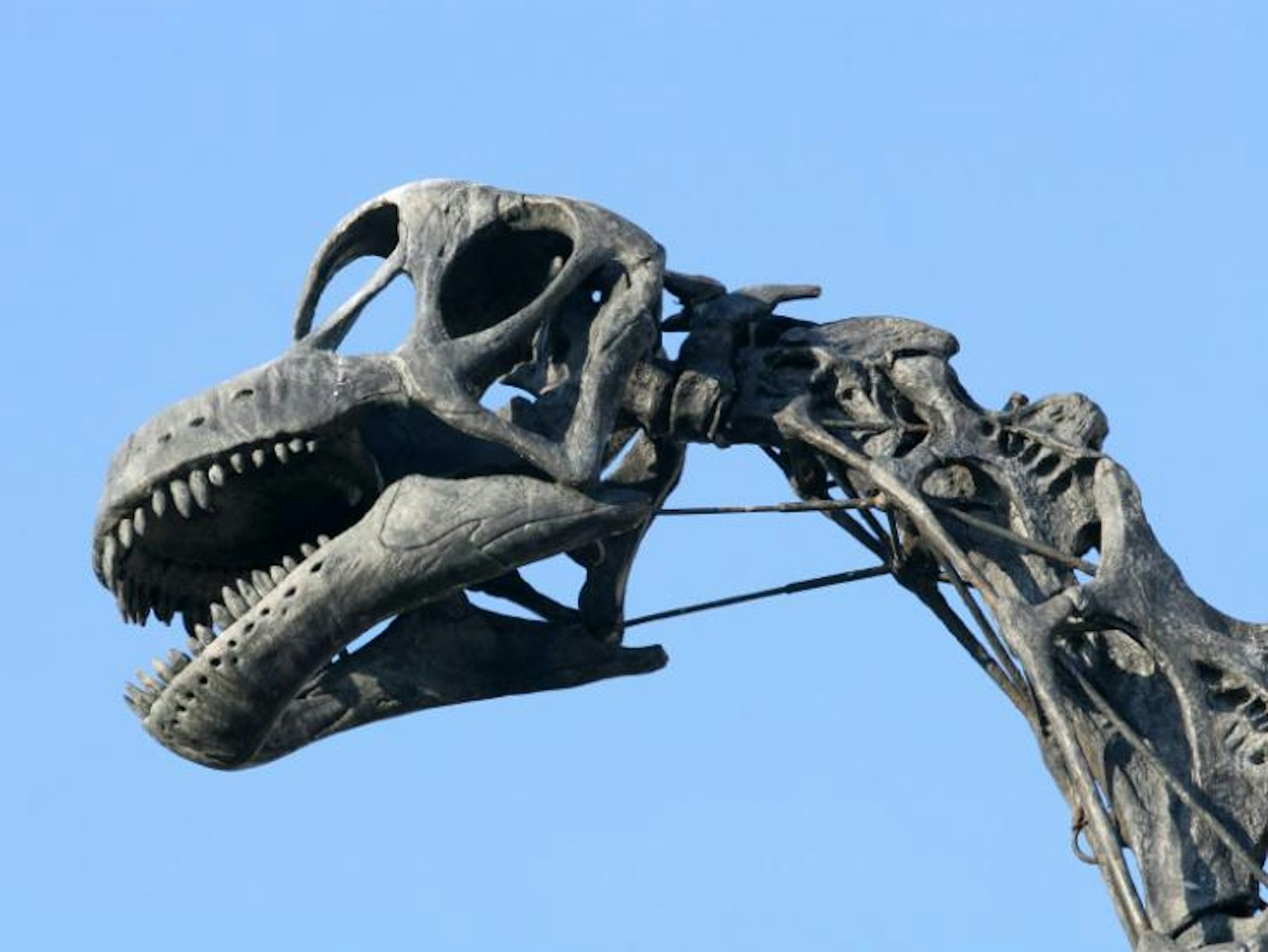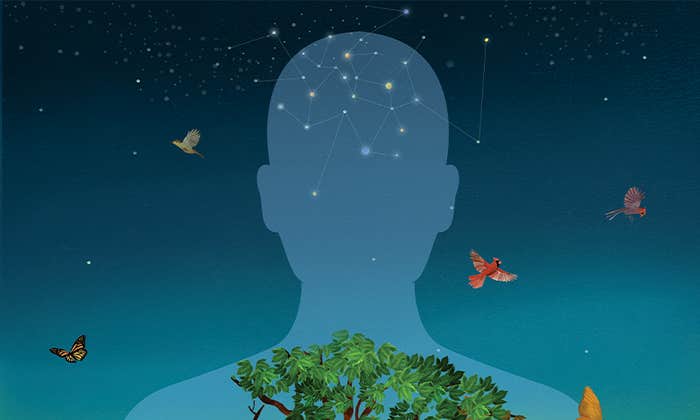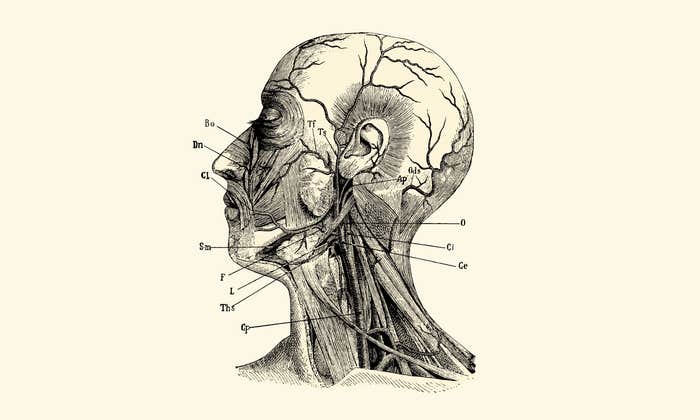
Over the past few decades, autism and Asperger syndrome have become prominent in the public consciousness, and that prominence has been reflected in popular art and entertainment. Autism, a mental illness characterized by repetitive behaviors and impaired social interactions, was brought to widespread attention by Dustin Hoffman’s famous performance in Rain Man. More recently, characters in contemporary television shows (think Sheldon of The Big Bang Theory and Abed of Community) have made the social quirks of people with Asperger syndrome more relatable. In the popular mind, Asperger’s is often thought of as a milder form of autism.
The American Psychiatric Association thinks of it this way too: In its new version of the Diagnostic and Statistical Manual of Mental Disorders (often called “the Bible of psychiatry”), what was Asperger’s is now a position on a severity scale of the broader “autism spectrum disorder.” Asperger syndrome as a separate category will officially disappear, a change that has generated no small amount of controversy.
One of the jobs of science is, as Plato put it, to “cut nature at its joints.” But because our view of the anatomy of nature is often hazy, people disagree about where those joints are. For instance, some social and natural scientists debate the scientific status of race as a meaningful category for human beings. Is race merely something humanity made up, or is it part of the nature of reality? If “race” is a valid category, how many races are there? Key to the resolution of this debate will be discovering what we can know about people, with some acceptable level of probability, simply by knowing what race they are.
To the detriment of science as the pursuit of objective truth, reputation is also a factor in categorization. As famous dinosaur-hunter Jack Horner says in his TED talk on dinosaur names, “Scientists have egos, and scientists like to name dinosaurs.” Sometimes the trashing of old names goes without a hitch. Anybody remember the brontosaurus? It’s now called the apatosaurus, because it turns out that bones named “brontosaurus” were actually from the same species as the previously named bones of the apatosaurus. Perhaps this name merger was facilitated by the fact that both sets of bones were named by the same person: Othniel Charles Marsh, in 1877 and then in 1879.
Science podcaster Darren McKee and I have introduced the “Davies-McKee bias,” which is the tendency to give an old phenomenon a new name. (This is, perhaps, the first bias to be identified because of itself. I discuss it in further detail in my recent book, Riveted.) In psychology there are many names of biases that describe very similar things. For example, “confirmation bias” is the tendency to pay more attention to and better remember evidence for what you already believe, and the related “congruence bias” is the tendency to seek out information that supports what you already believe. The definitions are subtly different, but it’s implausible that they are describing fundamentally different tendencies. The two effects were “discovered” by different scientists who had an incentive to make names for themselves by making names for biases. At least they didn’t name the biases after themselves.
When considering human qualities, like mental disorders and their treatments, there are important practical and emotional matters at stake. What will happen, for instance, to the people who call themselves “Aspies” when the term that refers to is removed from circulation? People form social identities based on category names that can be removed at a stroke of the APA’s pen. Our scientific groupings can change, even when the world they describe does not.
It is tempting to think making categories is a straightforward scientific enterprise, and that debates will be clearly settled once we’ve amassed enough data. But the history of science shows this not to be the case. Our judgments regarding the creation, merger, division, and elimination of categories is based not just on data but on values, particularly in the field of mental health.
We can’t always look under the hood of nature at the truth, independent of our theories. The nature of scientific categories is not merely an empirical issue; it’s also a philosophical one, and one affected by self-interest and social forces. The debate over the differentiation of disorders such as autism and Asperger’s is probably not over.
Jim Davies is an associate professor of cognitive science at Carleton University in Ottawa and director of the Science of Imagination Laboratory. He is author of Riveted: The science of why jokes make us laugh, movies make us cry, and religion makes us feel one with the universe.


























